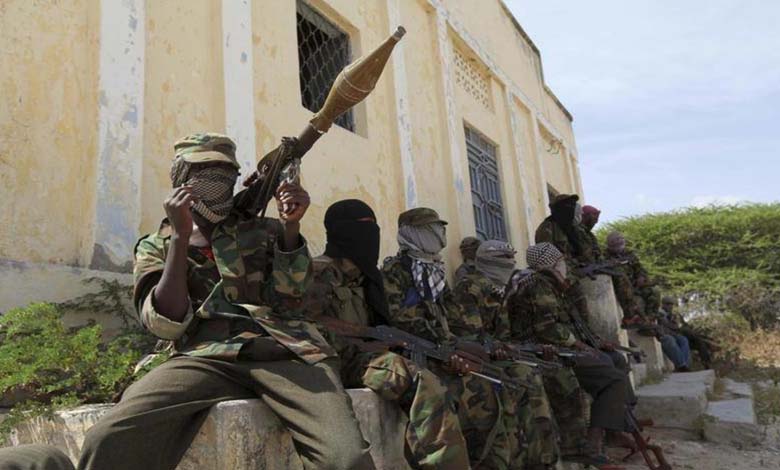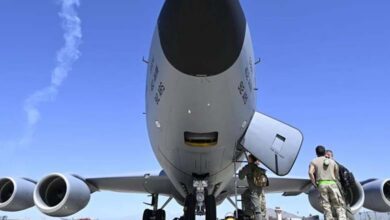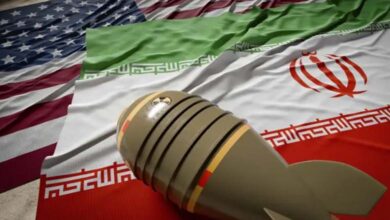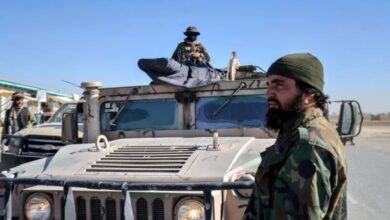Washington monitors Houthi discussions to supply weapons to Al-Shabaab

In what could be considered a “cross-border extremism marriage,” Washington has detected discussions between the Houthis to supply weapons to the terrorist group Al-Shabaab.
The U.S. Central Intelligence Agency (CIA) has learned of discussions between the Houthis in Yemen to supply arms to the Somali group Al-Shabaab.
Three U.S. officials described these discussions to “CNN” as a troubling development that threatens to further destabilize an already troubled region.
U.S. officials are looking for evidence of Houthi weapon deliveries to Al-Shabaab and are trying to determine if Iran, which supports the Houthis, is involved in the deal, according to the source.
A senior official in the U.S. administration warned regional countries about this potential cooperation between the two groups in recent weeks.
African countries have also proactively raised the issue with the U.S. to express their concerns and seek more information.
“This is a very active area of discussions we are having with countries on both sides of the Red Sea,” the senior official told CNN, adding, “It is being taken very seriously.”
“Not Natural”
CNN noted that “delivering weapons to Al-Shabaab is not a natural alliance for the two sectarian groups, and there was no known relationship between them in the past. The Houthis are Zaidi Shia, while Al-Shabaab traditionally opposes Shia Islam.”
However, the two groups are separated only by a body of water – the strategically important Gulf of Aden – and both consider the United States a major enemy.
The intelligence information raises the worrying possibility that a marriage of convenience could worsen the situation in Somalia, the Red Sea, and the Gulf of Aden, where the Houthis have been regularly attacking commercial shipping and U.S. military assets since the start of the war in Gaza.
A potential deal between the two groups could provide a new stream of funding for the Houthis (in exchange for selling arms). The senior U.S. administration official said, “The ability to sell some weapons would bring them income they desperately need.”
For Al-Shabaab, this alignment could provide access to a new source of arms, including potentially drones, much more advanced than their current arsenal, and could give the group the ability to hit American targets.
Previously, there were routine smuggling operations of small arms and commercial goods between different groups in Yemen and Somalia. But a potential arms deal between Al-Shabaab and the Houthis would be something new, according to U.S. officials.
“Pragmatism”
Christopher Anzalone, a professor in the Middle East Studies Department at the Marine Corps University, said, “This would be the clearest sign that two ideologically opposed organizations have prioritized something they have in common, namely hostility towards (the United States).”
He added, “This would be extremely significant as it shows a level of pragmatism in both organizations.”
However, officials say the administration at this stage is unsure of the types of weapons the Houthis might provide to Al-Shabaab.
At present, the Somali group generally only has missiles, mortars, and homemade improvised explosive devices that it has used in its fight against the Somali government.
In comparison, the Houthis possess armed drones, including underwater drones. They also have short-range ballistic missiles.
Regardless of what the Houthis might provide to Al-Shabaab, there would likely be a limited opportunity for Al-Shabaab to directly shoot at American assets in the region.
The U.S. deploys about 480 soldiers in Somalia and has conducted counterterrorism strikes against Al-Shabaab and ISIS targets in Somalia throughout the Biden administration.












